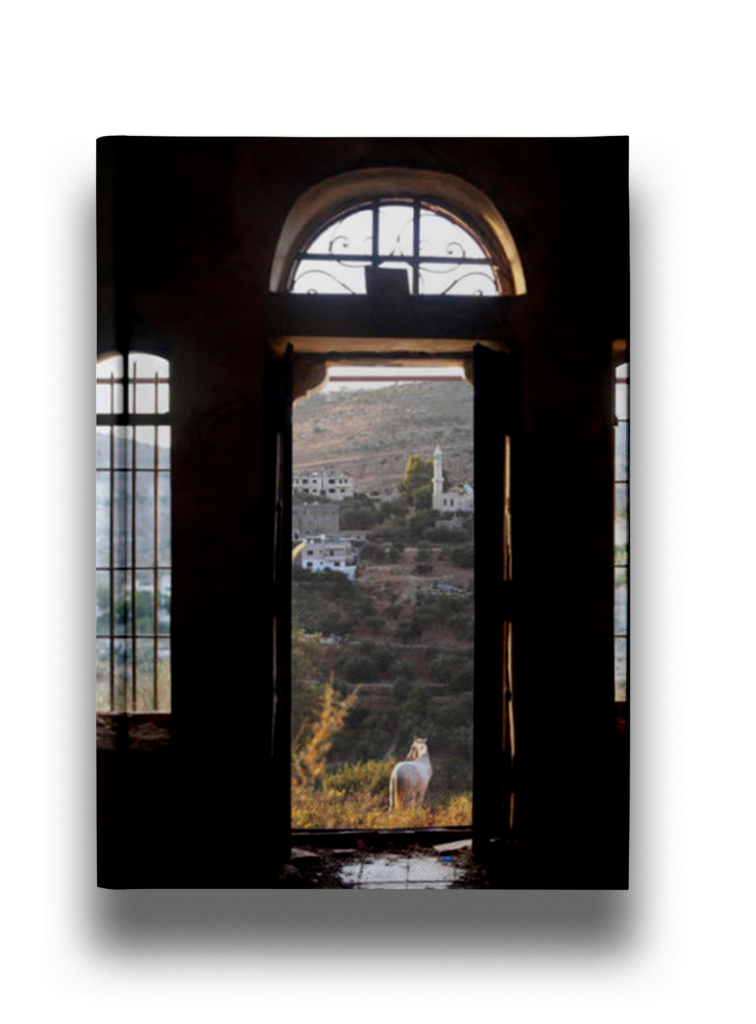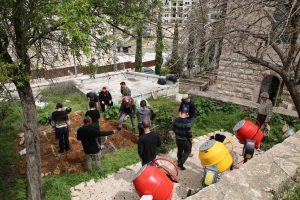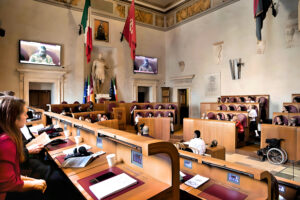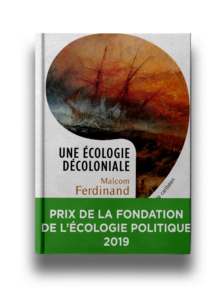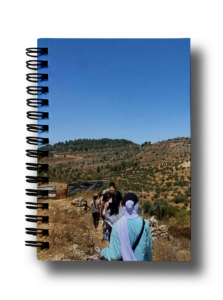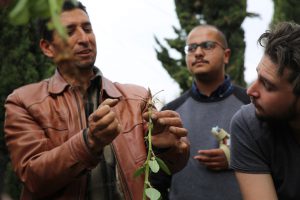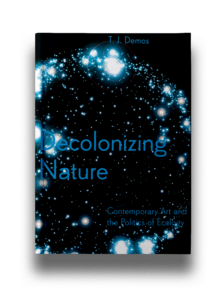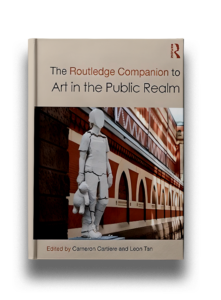Year
2019
Publisher
Sakiya
Author
Sakiya
Annotation
The publication Sakiya: Art | Science | Agriculture serves as a document to and resource for a unique practice of engaging and (re-)activating a very particular kind of public. This is the first volume in a series of self-published materials by Sakiya, an academy and international residency programme located on a hillside in the village of Ein Qiniya, Ramallah, Palestine. Founded by architect Sahar Qawasmi and artist Nida Sinnokrot, Sakiya promotes visual art, ecological preservation, sustainable agriculture and food justice, combining an emphasis on cultural heritage with contemporary artistic and ecological practices. The bi-lingual publication, in English and Arabic, comprises an overview of Sakiya’s genesis and vision and of the political geography in which it is located (that of the Israeli settler colonization of Palestine, the centrality of cultivation practices therein, the neoliberal speculative development strangling Ramallah, and the legal proprietary status of land in areas A, B and C of Palestine); a speculative, multi-species writing exercise by 2019 fellows Marleen Boschen and Charles Prior; a re-print of Silvia Federici and George Caffentzis’s ‘Commons Against and Beyond Capitalism’; an interview with Sinnokrot on the topic of ‘rewilding pedagogy’; an excerpt from the ‘Common Ground’ course reading list; an excerpt from an agroecological study of Sakiya by Omar Imseeh Tesdell; residency profiles (Samia Halaby, Yara Bamieh and Dina Amro); several recipes; and lavish photo-documentation of the site, numerous events (including projects by students from the UK, USA and Palestine), and artistic works both displayed and produced at Ein Qiniya.
Central to Sakiya is pedagogy: the academy derives its spirit from the ancient Greek conception of a garden or olive grove as a site of knowledge gathering and sharing; a site of experimentation, renovation and cultivation that prioritises actors otherwise often marginalised from the public cultural space such as farmers and crafts/small industry initiatives. Commonly accepted terms within the global art circuit such as ‘artist-in-residence’ are destabilised in order to move away from classifying participants by occupation and from settled conceptions of ‘expertise’.
Here, the emphasis is on ‘the commons’, which, as we are reminded in the Federici excerpt, are shaped by collective decision-making through assemblies, direct democracy and grassroots power, and are to be distinguished from ‘the public’, ‘which is owned, managed, controlled and regulated by and for the state, constituting a particular type of private domain’ (pp. 34–35). ‘Commoning’ also forms the link between access to land and natural resources, and access to knowledge(s) in the form of intellectual/collective property rights, all of which can be traced back to colonial practices of taxonomy, labour extraction and ‘epistemicide’. This also opens onto contemporary debates around ‘open access’ publishing and how this might move beyond the neoliberal profit-driven model and incorporate ecological concerns. The volume was printed in Ramallah and, fittingly, is published under a Creative Commons Attribution Non-Commercial No-Derivatives license, which allows anybody to download, display, print, distribute and/or copy the work insofar as the authors and source are cited, the work is not altered or transformed and the purpose non-commercial. The publication was supported by the A.M. Qattan Foundation, Ramallah.
Shela Sheikh
By grafting local agrarian traditions of self-sufficiency with contemporary art and ecological practices, we seek to create a new narrative around our relationship to land, knowledge- production, and the commons.
